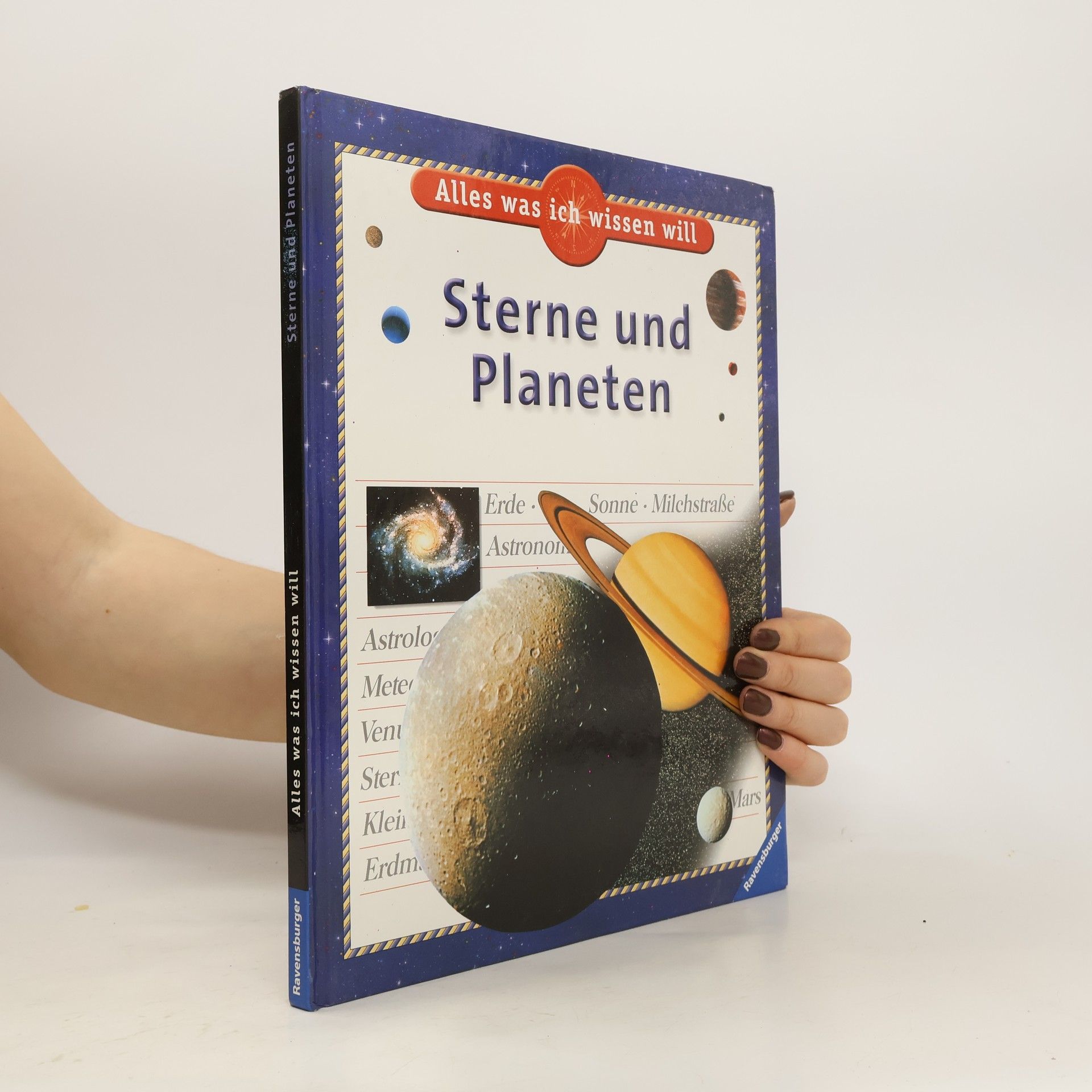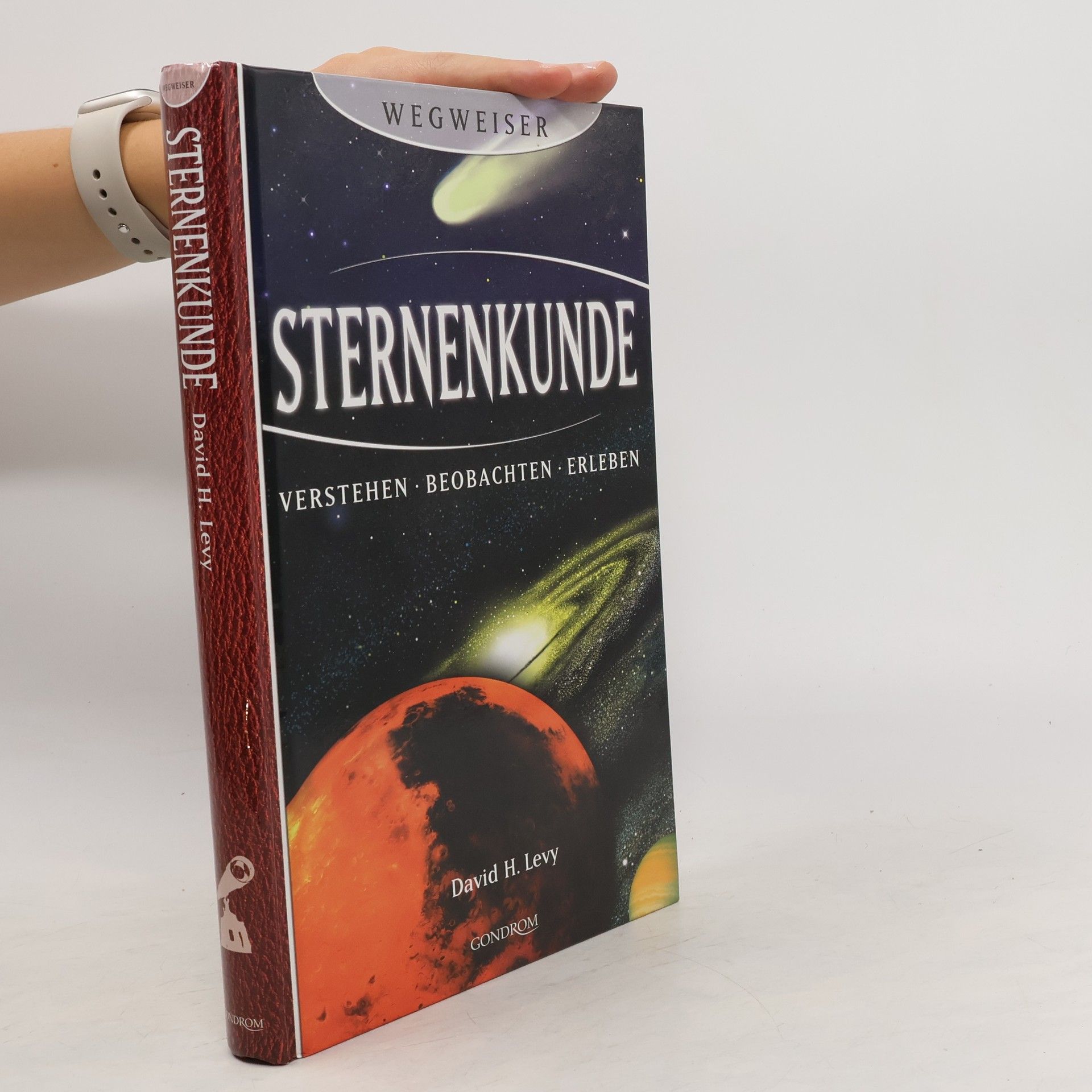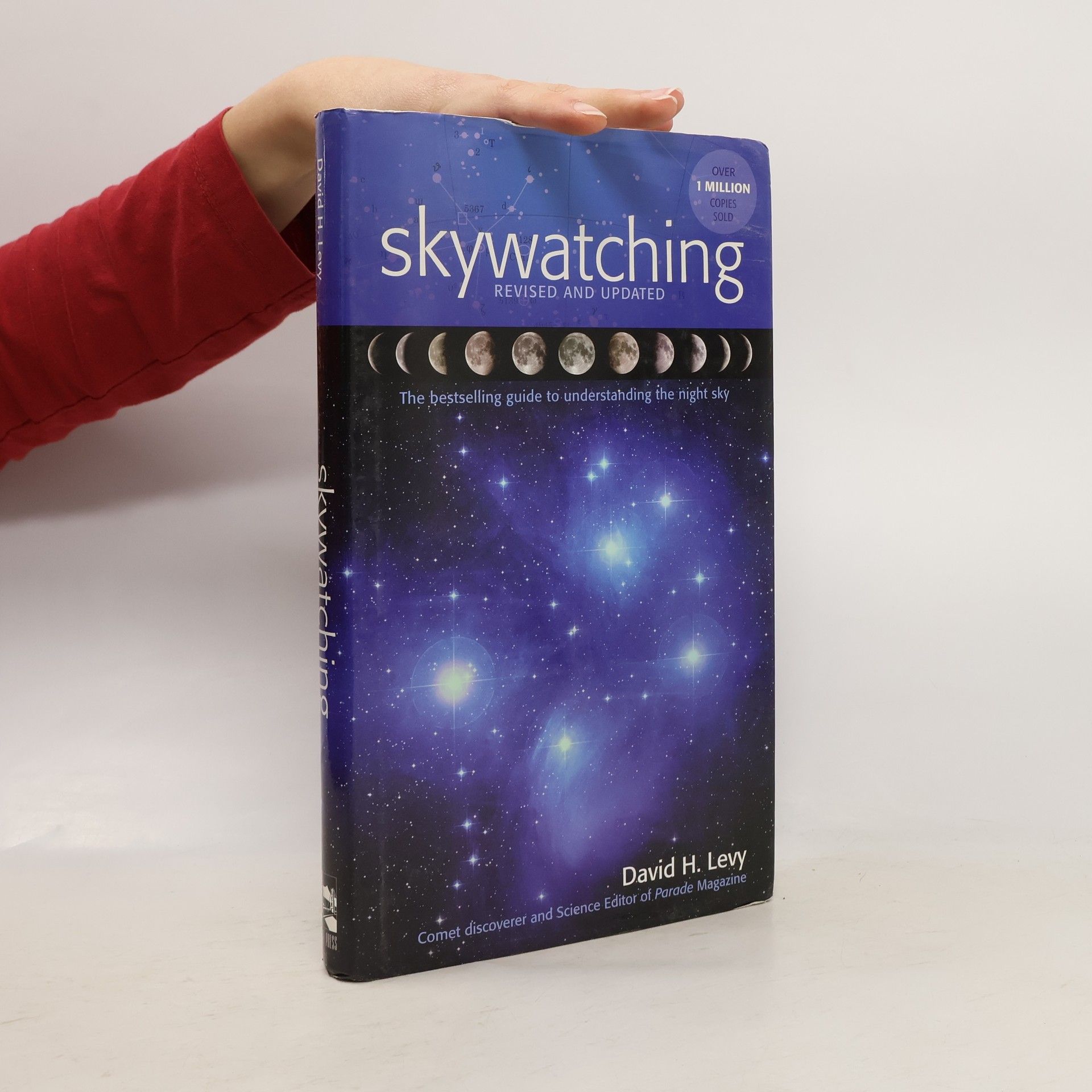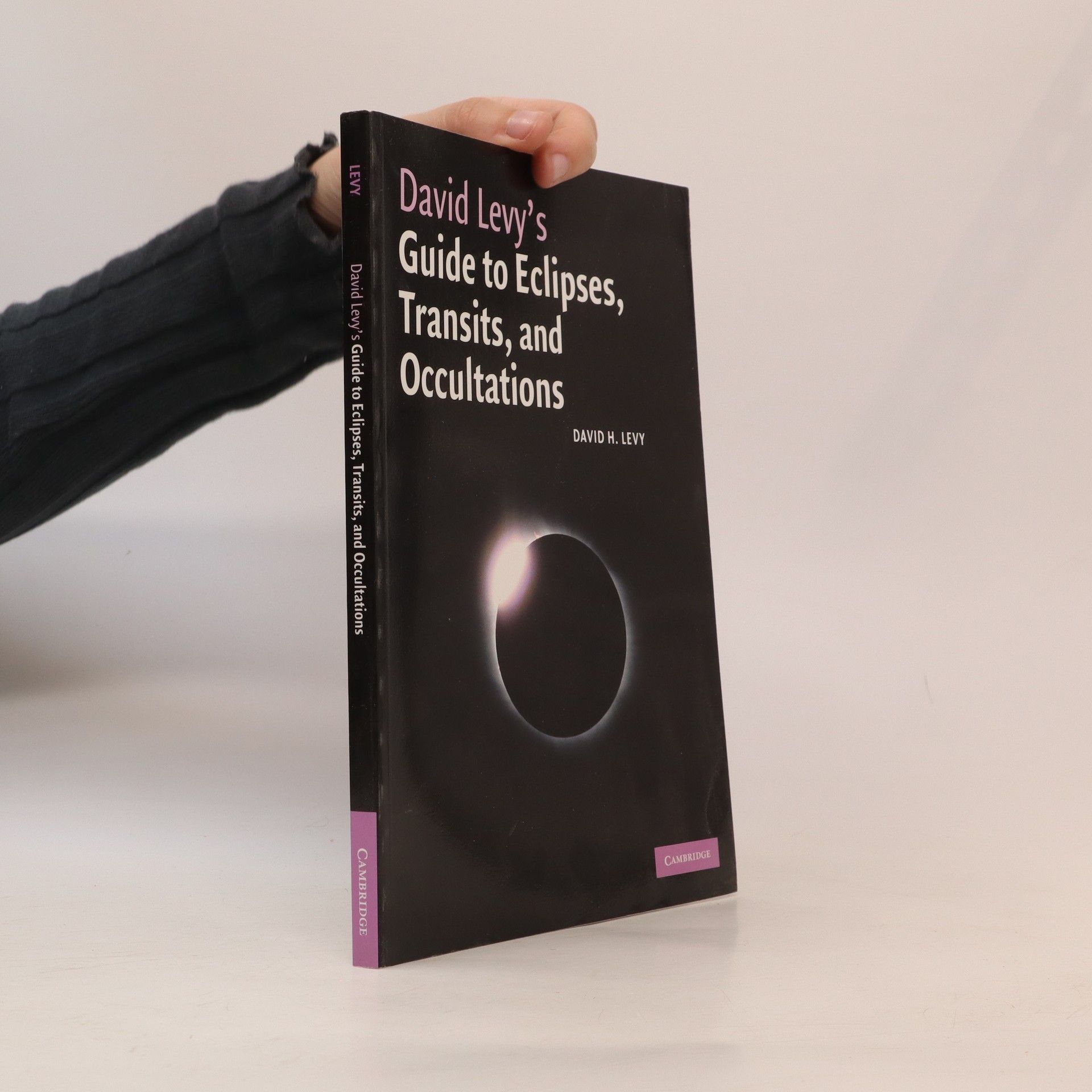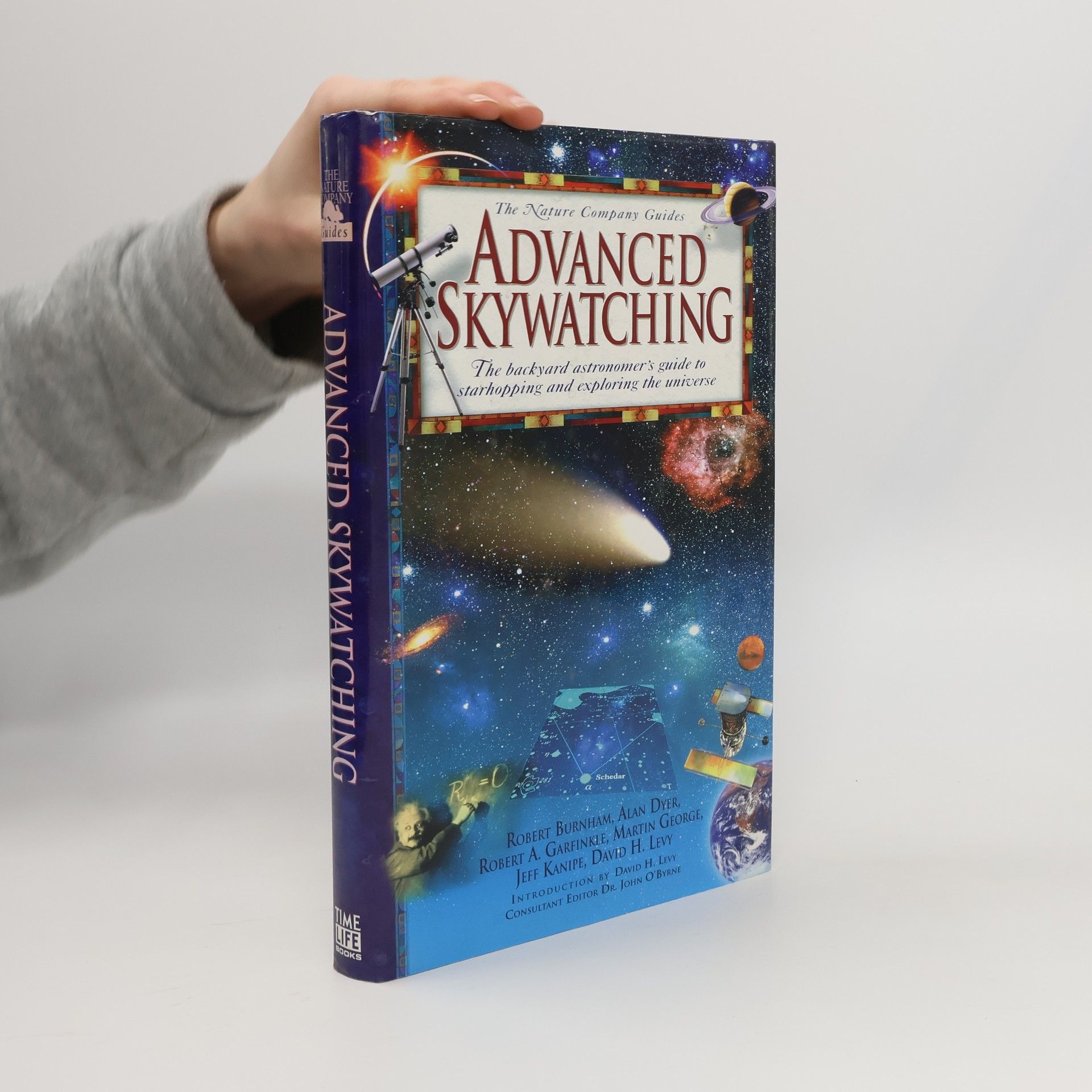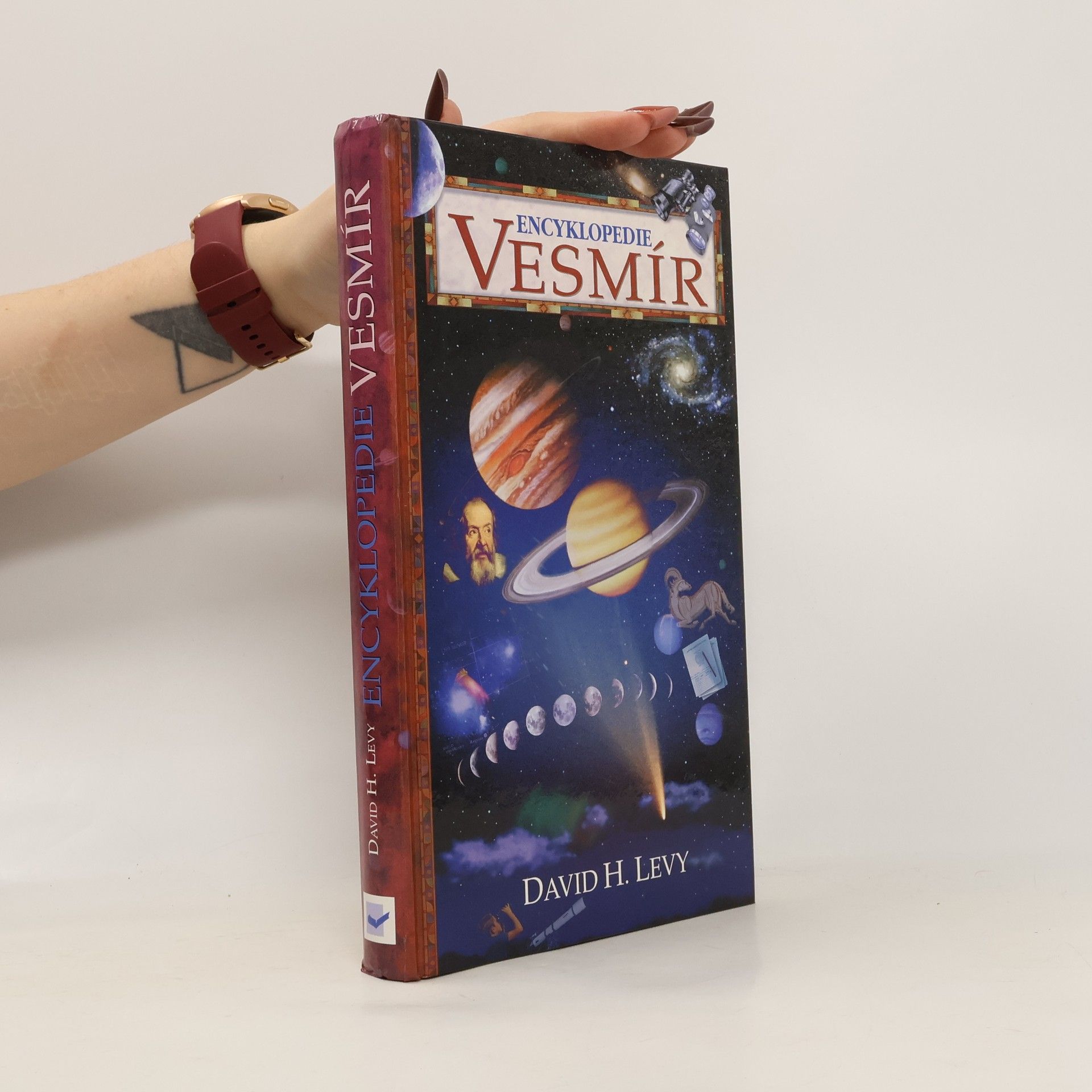The Nature Company Guides: Advanced Skywatching
The Backyard Astronomer's Guide to Starhopping and Exploring the Universe
- 288 pages
- 11 hours of reading
Authoritative, lavishly photographed and illustrated guides to the wonders of the natural world around us. Clear, accessible format, charts, diagrams, field tips, practical pointers, and historical profiles.

